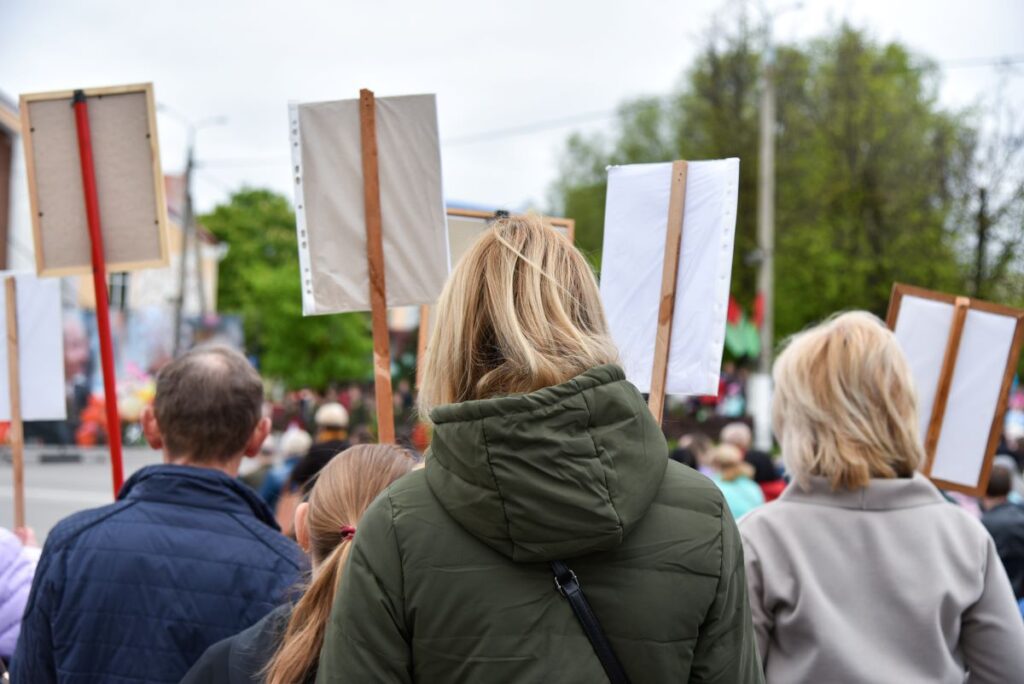"Give women flowers!" - the poet Andrei Dementyev urged in his poem. Perhaps, there is no other day in Russia when almost all women receive their portion of attention and flowers. On the eve of the most feminine day in Russia, let's remember why the tradition of celebrating March 8 appeared. And why this Soviet holiday is still so beloved by the people.
A brief look at how it all began

Although Women's Day, which is celebrated in Russia on March 8, is called international, it is not celebrated all over the world. Besides, historically it originated in the USA, and it is Russians who love it. And also the inhabitants of the former socialist camp. Let us briefly remind you where it all began. More than a hundred years ago, in the United States, women began to fight for their rights - they demanded the right to vote in elections, normalized working hours and equal rights with men in terms of pay. The first demonstrations were held in late February or early March. Even then, they began to openly call for a change in the world in favor of respect for women and their rights.
In Russia, if we turn to history, the February Revolution of 1917 began with a women's demonstration in St. Petersburg. The First World War was going on, men were dying at the front, and women were working in factories and literally starving. The city lacked bread, and tired factory workers began to demand from the authorities to stop the war and feed the people. What happened next, everyone knows. These demands were taken up by factory workers, and the revolution began. It turns out that it was the women's demonstration that served as a catalyst for global changes in the country.
It is noteworthy that this event took place on February 23, 1917 according to the old style, and according to the new calendar - on March 8. Russia still celebrates two holidays on these dates - "men's" and "women's".
How March 8 finally became women's day
After the revolution, the women's rights movement in the world continued. In 1921, March 8 was recognized as International Women's Day. So far, this day had a socio-political coloring. Despite the fact that after the formation of the USSR in 1918, women after once received all the rights that American and European women dreamed of. The new government legislated equal rights for women - now they could study at universities, get a divorce, work no more than 8 hours a day and not work night shifts.
Until 1965, this day was not a day off in the USSR, although the country's leadership highly appreciated the labor feats of women. Especially during the Great Patriotic War. As a result, this day was included in the labor code as a day off. And since 1966, March 8 has remained a non-working day in the country.
What and to whom to give on March 8


Initially, while this holiday had a political coloring, March 8 was celebrated as a day of solidarity of working women all over the world. Gradually, this day was no longer associated with the struggle of women for their rights. And today, March 8 has come to be celebrated as a day for women of all ages. Husbands, fathers, brothers, sons congratulate all their close women and girls. Kids in kindergartens learn poems and songs for moms and grandmothers, make crafts and draw cards. Adult men prepare gifts - traditionally flowers and sweets.
There is a legend about flowers that Nadezhda Krupskaya suggested giving mimosa (silver acacia) to women on March 8. When she was asked how to congratulate workers on Women's Day, she suggested flowers. And since mimosa was the easiest to get in early March, it became the symbol of this holiday.
Today, in addition to mimosa, tulips (also a symbol of spring) and roses are given less frequently. Other gifts vary from family to family and depend on financial possibilities and traditions.
Thus, the holiday of struggle turned into a holiday of spring, tenderness and femininity. Beauty, as they say, will save the world!
A poem about women
Here is the full text of a poem by the remarkable Soviet poet Andrei Dementiev (1928 - 2018). It reminds us that it is necessary to give attention to women not only on holidays.
Give women flowers.
Not just on holidays, -
As it happens,
And amidst the cares and bustles
Give women flowers.
Brides, wives,
Young fashionistas.
Give women flowers,
To make life seem even brighter.
So that everyday life isn't empty,
Give women flowers.
How much that little means!
Give women flowers.
And the years will not age them....
Amidst the cares and bustles
Give women flowers,
How they give us smiles.
Andrey Dementiev
In our blog you can find many interesting articles about Russian holidays and traditions:
During lessons in our online school, children learn about Russian culture, history and form a bond with their ancestral homeland. You can try Russian language lessons for free. To sign up for an introductory lesson, leave a request in the form below.







